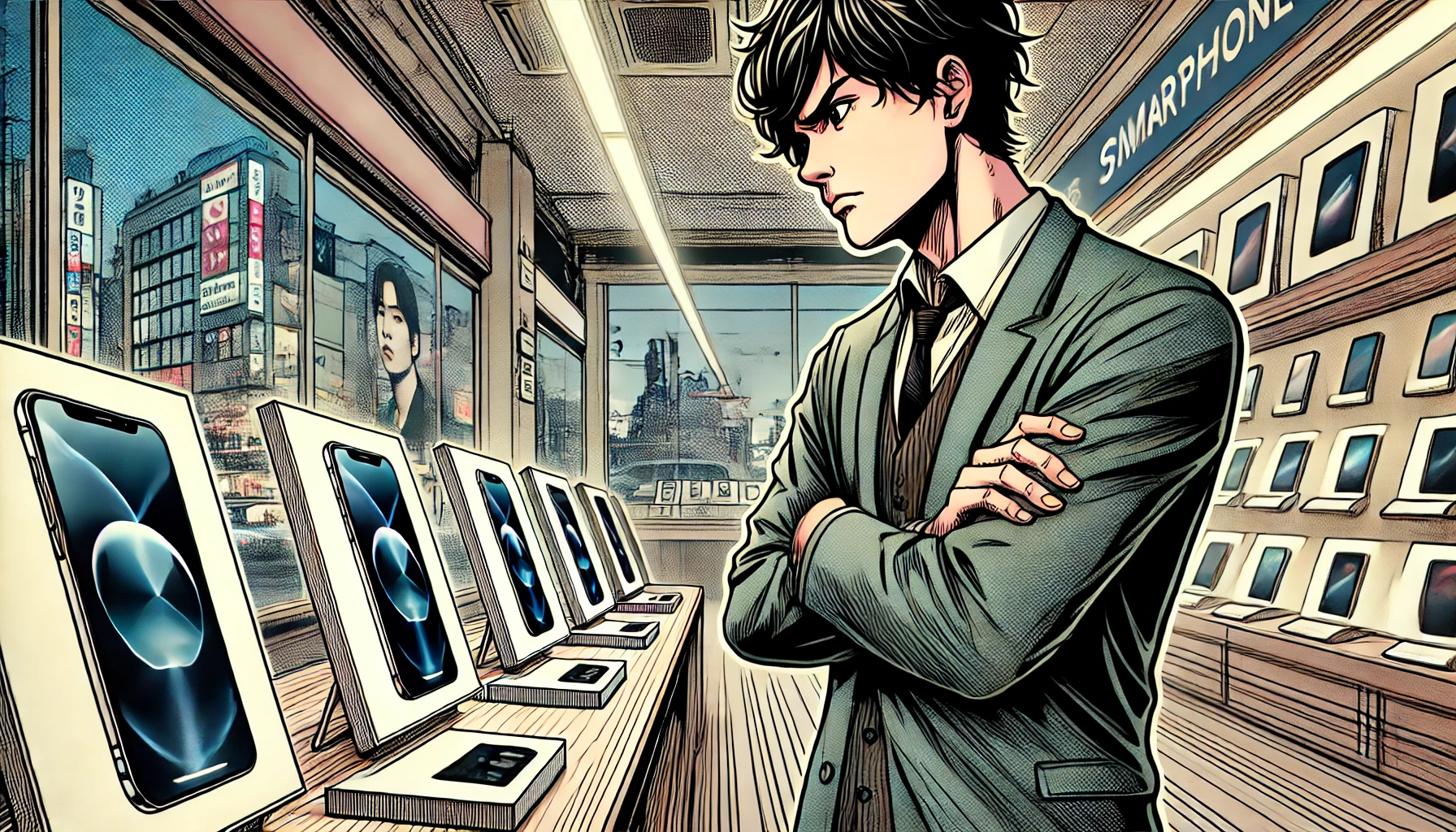
As of July 16, 2025, many countries are still reacting to the revived U.S. tariff policies President Donald Trump. While places like Canada and parts of Europe have seen public outrage and organized boycotts of American products, Japan’s response has been strikingly calm. Why hasn’t Japan joined the wave of anti-U.S. consumer sentiment?
Let’s take a closer look. 👀
🚫 No Boycotts in Japan (Yet)
Since Trump’s announcement in March 2025 to impose new tariffs on key imports—including Japanese vehicles—global reactions have varied. In Canada, citizens removed U.S. products from their shopping carts, skipped trips across the border, and even saw government-run liquor stores pull American brands from the shelves. Across Europe, “Buy Local” and “Boycott U.S.” campaigns surged on social media. 📉
But in Japan? Not so much.
So far, no major consumer-driven boycott has taken root. There have been no viral hashtags, no organized protests, and no major brands have stepped away from U.S. partnerships. Instead, Japan’s response has been diplomatic and strategic.
🏛️ Government Response: Cautious and Calculated
Japan’s government swiftly expressed disappointment following the tariff announcement but emphasized cooperation. Prime Minister’s Cabinet ministers focused on dialogue, sending high-ranking officials to Washington rather than escalating tensions. In early April, when the U.S. paused tariffs on Japanese cars for 90 days, the Japanese public largely welcomed the move—but not with outrage or celebration. 🇯🇵🤝🇺🇸
No political figures called for boycotts. Instead, the sentiment was: Let’s wait and negotiate.
🧍♂️ Consumers: Worried but Passive
A recent national survey found that 85% of Japanese citizens were concerned about the tariffs’ impact on the economy. Still, concern did not translate into activism. Unlike Canadian consumers, who altered travel plans and shopping habits to reflect political frustration, Japanese consumers seem more hesitant to politicize their purchases. 🛍️💭
In short: while people are worried, they’re not angry enough to boycott—at least not yet.
🏢 Businesses: Staying the Course
Major Japanese exporters, especially automakers and electronics firms, are closely watching U.S. trade developments. But none have suspended business deals with American partners. Their strategies are focused on risk management and policy lobbying, not consumer-level retaliation. 📦✈️
Executives have expressed concerns about potential economic losses, but not about national pride or calls for action. One CEO of a beverage company predicted American products might face global resistance—but Japan’s own companies are choosing diplomacy over drama.
🆚 Japan vs. Canada: A Cultural Contrast
Canada’s response to Trump’s tariffs included headlines like “Buy Canadian!” and even booing the U.S. national anthem at sporting events. Japanese citizens, on the other hand, have remained reserved. No angry shoppers. No bold slogans. No public protests. 😶🌫️
This reflects a broader cultural tendency toward harmony, patience, and indirect protest. Rather than fighting tariffs with boycotts, Japan is betting on backchannel diplomacy and long-term trade stability.
🔮 What Could Change?
If tariffs are fully implemented this fall, and prices rise significantly, public sentiment in Japan may shift. A surge in import costs or visible job losses could ignite consumer backlash. But for now, Japan is watching—and waiting. ⏳🇺🇸🇯🇵



















































